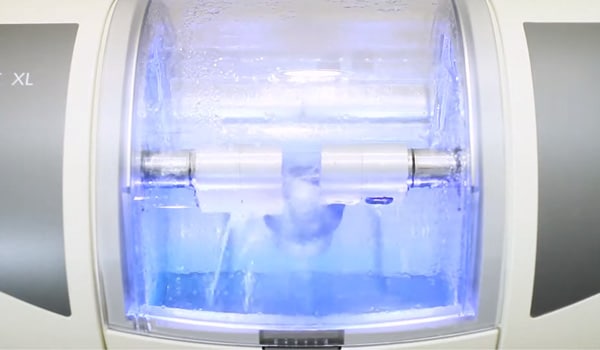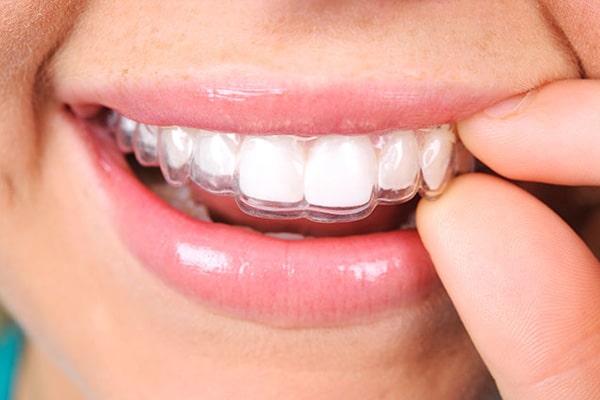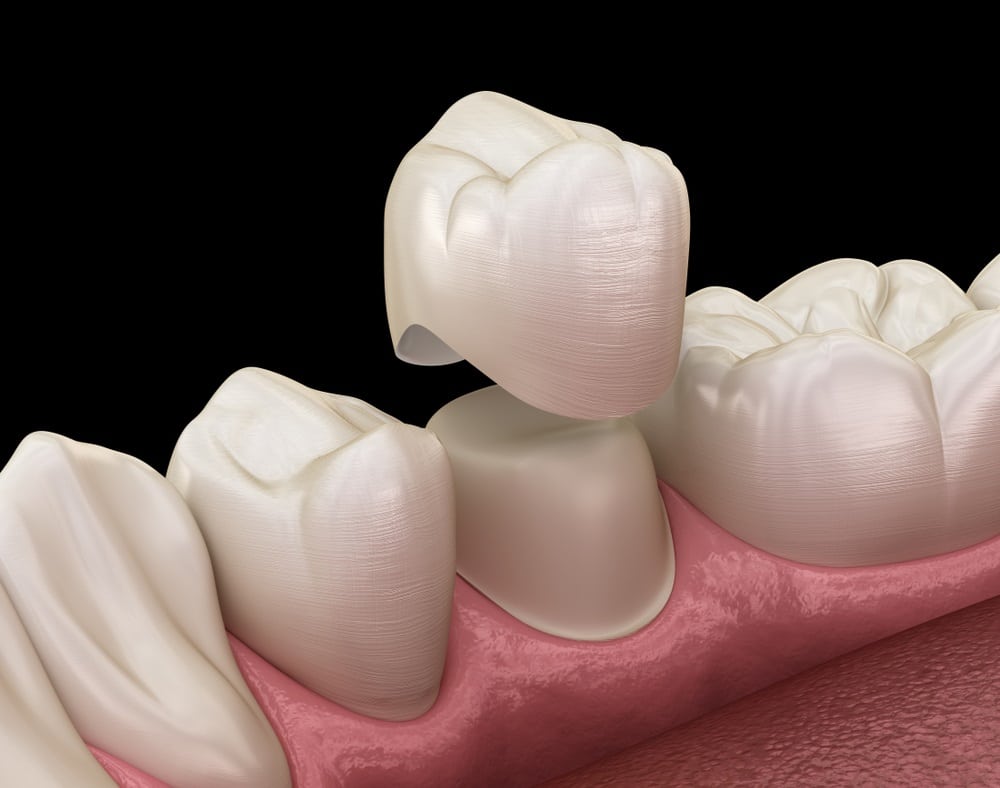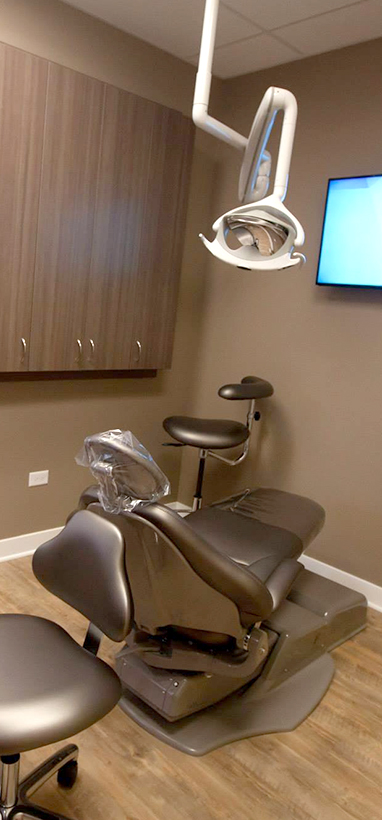1516 Legacy Cir, Naperville, IL 60563
Halitosis or Bad Breath: Causes and Treatment
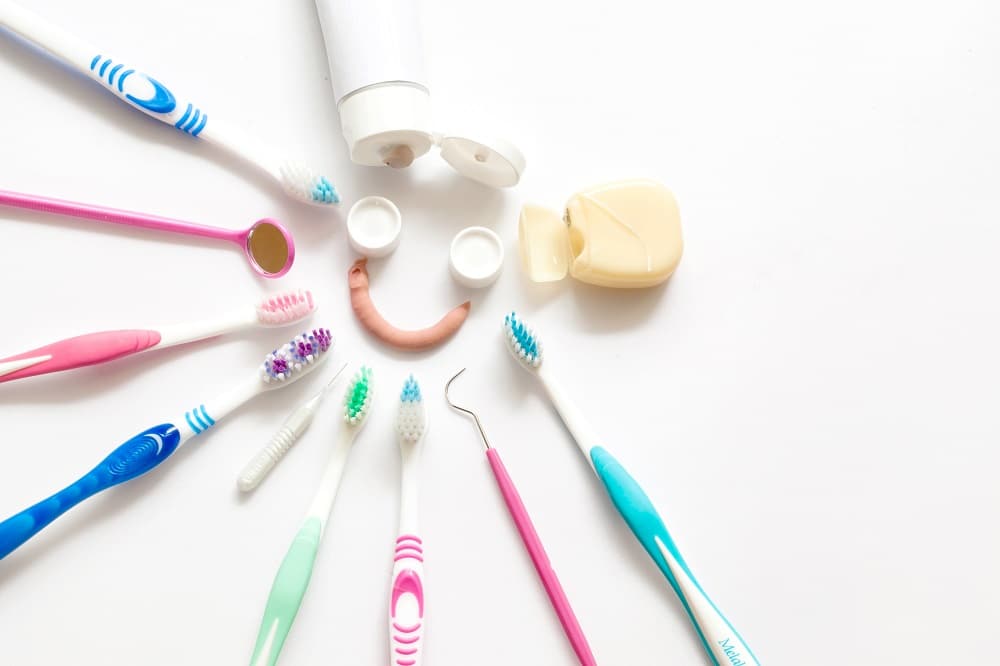
What is Halitosis
Halitosis is the technical term for bad breath. This odor is typically present in the morning for most people, which is where the term “morning breath” comes from. People with halitosis, however, have an odor that tends to linger throughout the day. There are various causes to why some people may struggle with this more than others. Luckily, there are also many treatments for people with this issue.
Halitosis Causes
Patients often wonder what causes bad breath. Some of the most common causes include poor oral hygiene, gum disease, cavities, dry mouth, diet, smoking, and chronic health conditions.
Poor oral hygiene is one of the most common causes and also one of the easiest to reverse. Patients who do not brush and floss their teeth regularly will have a significant amount of plaque build-up. The plaque in the mouth contains bacteria, and this will cause an odor. Poor oral hygiene is a general issue that leads to two more specific issues: gum disease and cavities.
Gum disease is the result of the bacteria destroying the gum tissue and bone that hold the teeth in the mouth. Another term for gum disease is periodontitis. Periodontitis generates pockets around the teeth that are difficult to keep clean. A foul odor will result from bacteria and food getting stuck in these areas.
Patients with poor oral hygiene also tend to get cavities. If brushing is not done properly or often enough, bacteria that sit in the mouth will start to weaken the enamel and create a hole. Cavities can also cause an odor. If a cavity has begun to break down the tooth so that there is a visible hole, food and bacteria can also get stuck in these spots as well.
In addition to poor oral hygiene, dry mouth is another reason why patients present with halitosis. Dry mouth, also known as xerostomia, is a condition when someone does not have an adequate amount of saliva in their mouth. This condition can be caused by alcohol use, medications, or underlying health issues. Saliva helps rinse food and bacteria off the teeth, but without enough saliva, an odor will start to arise.
Diet is another factor that can lead to bad breath. Garlic, onions, and other strong odored foods will often leave a lingering smell. Also, foods high in protein such as cheese, tuna, and eggs will do the same. Daily coffee drinkers will often suffer from halitosis as well.
Smoking and using tobacco products is another cause of halitosis. Not only do cigarettes have their own odor, but smoking will often lead to gum disease and dry mouth.
Lastly, chronic health conditions are another, more serious, cause of halitosis. Conditions such as diabetes, sinus infection, kidney disease, chronic lung infection, liver disease, or gastric reflux can result in bad breath.
A lot of these conditions result in a postnasal drip. Mucus build-up will form on the tongue and cause an odor. If there is not a clear cause of why halitosis is present, it is best to visit a doctor to check into other health issues that may be arising.
How to Get Rid of Halitosis
Since halitosis can be embarrassing, many people with this condition will wonder how to get rid of bad breath. Halitosis treatment includes methods such as tongue scraping, mouth rinses, regular brushing and flossing, smoking cessation, diet changes, treating underlying health conditions, and dental treatments.
Tongue scraping is something that can be done on a daily basis. The tongue has hundreds of papillae, which are the hairlike bumps on the top surface, and can trap food and plaque. Tongue scrapers are an inexpensive oral health aid that can be found at many drug stores, and they are used to scrape plaque and bacteria off the tongue. Using a toothbrush on the tongue can have a similar effect as well.
Regular brushing and flossing of the teeth is another way to help with halitosis. Patients with poor oral hygiene habits are likely to have bad breath because they could be leaving behind food and bacteria on the tooth surface, in between the teeth, and on the tongue for days at a time. Mouth rinses are a great addition to brushing and flossing because they help kill bacteria.
Also, smoking cessation can combat foul odors in the mouth. Although this can be a difficult task for most, when patients stop smoking they are improving their oral health in many ways. Smoking dries out the mouth and causes periodontal disease, in addition to having its own strong scent. Quitting smoking can be achieved by nicotine gum, medications, support groups, and other therapy methods.
Changing the diet is another thing that can help. Foods that have a strong odor will often linger throughout the day. Brushing and flossing after having these foods will help, but eliminating them from the diet completely will be the most effective.
Treating underlying health conditions is another way to treat halitosis. When other efforts to combat halitosis are not successful, it is likely that it could be caused by something more serious. Visiting a doctor to identify and treat these conditions is the best choice for someone in this situation.
Lastly, halitosis that is a result of cavities or periodontal disease can be treated at a dental office. Severe cavities that are cleaned out and repaired with a crown or filling will no longer have an odor because there will no longer be a hole where food and bacteria can collect.
Periodontal disease can also be treated in the dental office. Although pockets due to bone loss can not be reversed with periodontal cleaning, proper periodontal therapy will help get the mouth back to a healthy state. Patients with periodontal disease who come in for their periodontal maintenance cleanings every three to four months are more likely to avoid halitosis. Call our office today to schedule an appointment with us so we can get you on track to a healthy, fresh smile!



